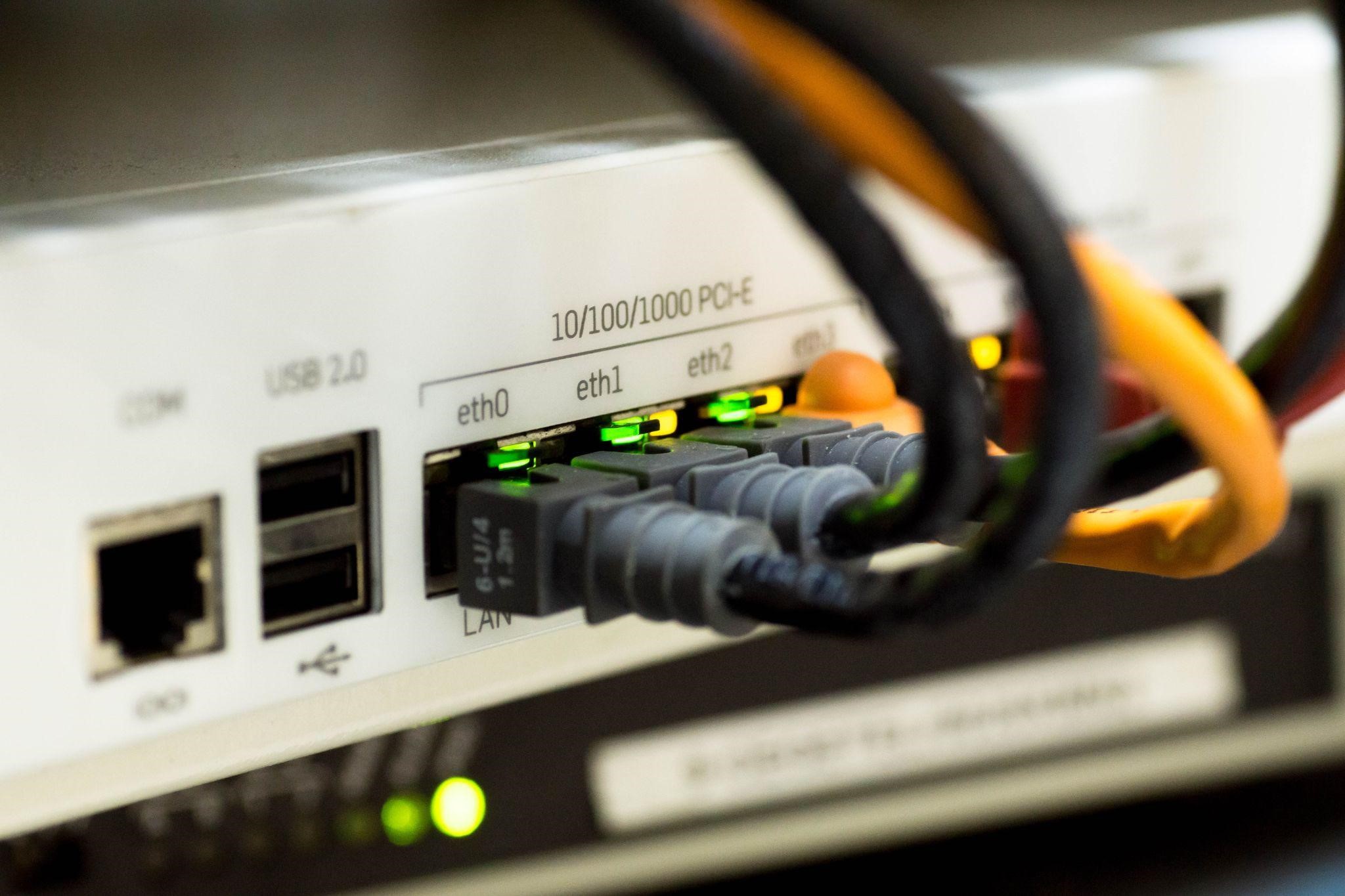According to a 2022 survey, average download speeds worldwide were 30.78 Mbps (megabits per second) for mobile internet and 67.25 Mbps for broadband.
The differences in internet speeds usually depend on several factors, like the method of transmission and the medium through which data travels. But aside from the technical aspect, your internet speed can also depend on why you need it.
Many businesses relying on the internet for their operations typically use an internet management service, such as the Cisco Umbrella, that provides secure, reliable, and fast internet connections.
How do you pick the right internet speed suitable for your needs? Why does internet speed matter? Does faster internet always mean better?
This article explores the factors you must consider when choosing the internet speed appropriate for your online needs. This article also talks about whether having a faster internet connection is always a good thing or not.
Factors to Consider When Picking an Internet Speed
Different internet services and needs require varying speeds. So choosing an internet speed usually depends on how often you use these services.
The Federal Communications Commission (FCC) defines household broadband internet usage in terms of light, moderate, and high use:
- Light use: Includes basic services like email, web browsing, internet radio, and video streaming.
- Moderate use: Covers the basic services plus one high-demand function, like video conferencing, online gaming, high-definition (HD) video streaming, and other essential remote work functions.
- High use: Includes basic services plus two or more high-demand functions running simultaneously.
The FCC also categorizes internet service into the following services:
- Basic service: Runs at 3 to 8 Mbps and is recommended for light use with one to two devices simultaneously.
- Medium service: Provides 12 to 15 Mbps and is suitable for light to moderate use with three to four users or devices at a time.
- Advanced service: Provides 25 Mbps or faster and is best for moderate to high use for four or more devices.
These figures are rough guidelines and not based on hard science, so you should still use your best judgment when choosing the right internet speed for your needs.
For example, if you’re using a smartphone, a desktop computer, a tablet, and a video streaming service on your television, you have four devices already. Although your usage is considered moderate, having four devices means you should consider getting advanced service.
It will also help if you consider whether you’re sharing your home with others, meaning they’ll likely have devices that need to connect to your internet. In this case, you need to consider an internet connection that can handle multiple devices with numerous activities happening simultaneously.
Check the list of internet activities below to determine your internet speed needs:
- Email, general web browsing, and social media: 1 Mbps
- Online radio streaming and voice over internet protocol (VoIP) calls: Less than 0.5 Mbps
- File downloading: 10 Mbps
- Student or remote employee (telecommuting): 25 Mbps
- Video streaming: 3 to 4 Mbps for standard (SD) videos, 5 to 8 Mbps for HD videos, and 25 Mbps for ultra HD 4K videos
- Video conferencing: 1 Mbps for standard video calls, 1.5 Mbps for HD video calls, and 6 Mbps for HD video teleconferencing
- Gaming: 3 Mbps for an internet-connected gaming console and 4 Mbps for online multiplayer games
Some people recommend that having 100 Mbps is suitable for multiple users or device. Still, your internet experience should get better as you keep adding more Mbps to your internet speed.
By the time your connection speed is around 500 to 1000 Mbps, you can do almost anything on multiple devices and still have fast internet speed. Such speeds are what many internet service providers (ISP) often advertise.
What Is Internet Speed? Why Does It Matter?
The time data takes to transfer between your device and the web server through the router is your internet speed. Mbps is the standard unit for measuring internet speeds.
Another term related to internet speed you should understand is bandwidth, also measured in Mbps. Bandwidth refers to the amount of information downloaded or uploaded per second.
Many ISPs today offer broadband internet, a service that provides a wide bandwidth over a high-speed internet connection.
Some individuals get confused between internet speed and bandwidth. To give a rough analogy, think of bandwidth as a multi-lane highway and internet speed as your speed limit.
You can compare bandwidth to the highway’s capacity to handle a specific number of vehicles at a given time. So the more lanes (bandwidth) you have, the more vehicles (devices) can travel on the road at the same time.
Is Having a Faster Internet Always Better?
Generally speaking, having a faster internet speed is better. But it can help if you also consider what internet services and how many devices you’re simultaneously using so you’ll know how much speed you need.
If you’re using a laptop to perform work-related tasks only, getting a 500-Mbps connection might be too much unless you’re running the entire office network. Likewise, If you’re a content creator who’s into making and uploading videos, using a basic service might be too slow for your needs.
The FCC has set the broadband internet’s minimum standard at 25 Mbps for download and 3 Mbps for upload. But because many people nowadays work and study from home, lawmakers have asked the agency to raise the standard to 100 Mbps for download and upload to address the increasing demand for faster speeds.
Are you planning to get an internet connection for your home or office or change your existing subscription? Contact your local ISP to know more about what internet speeds suit your needs.
